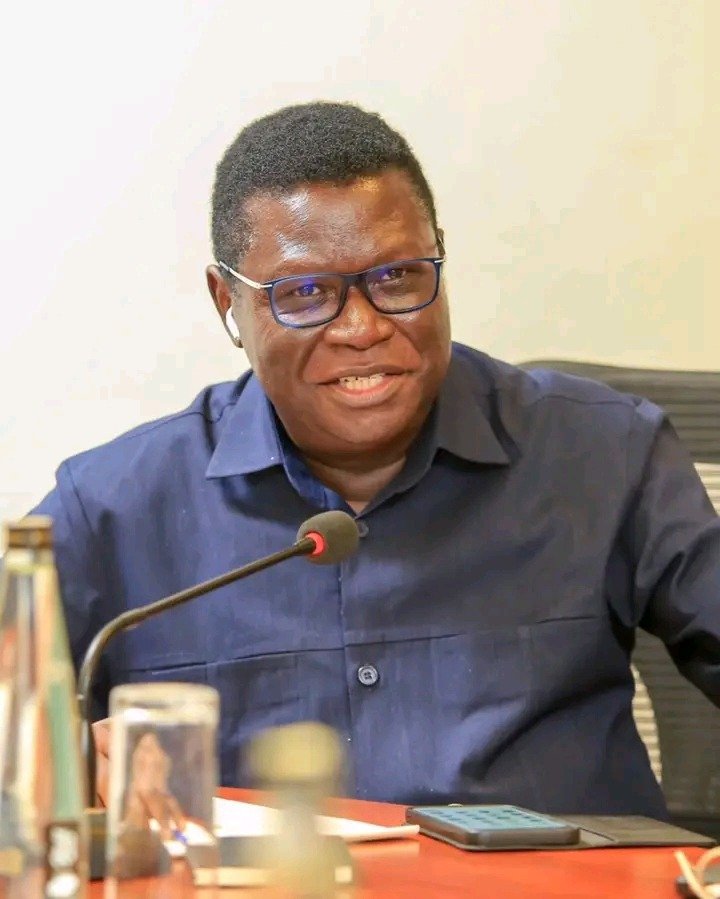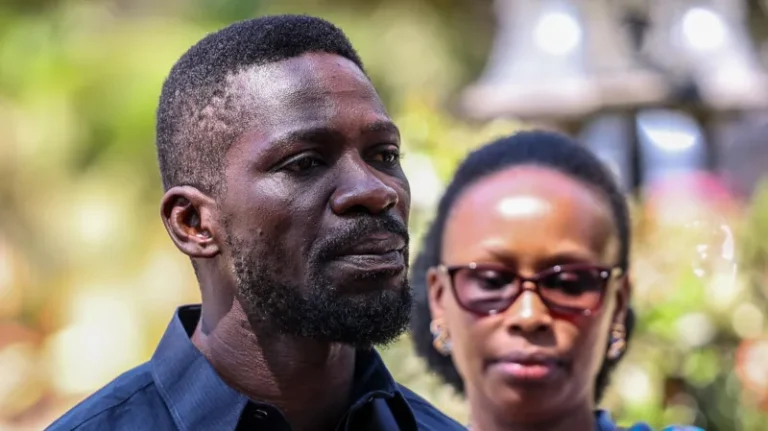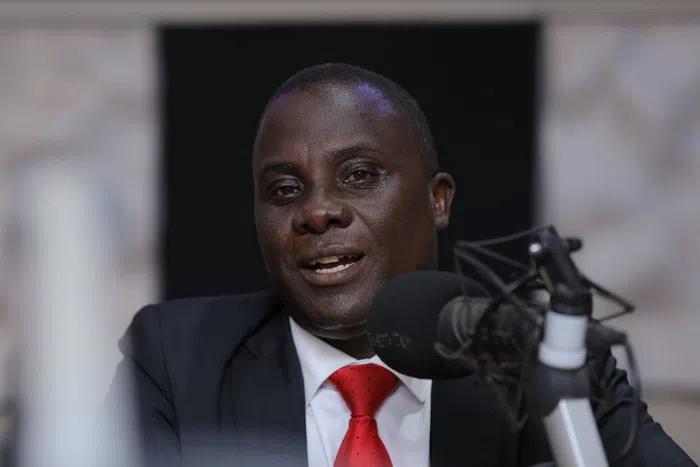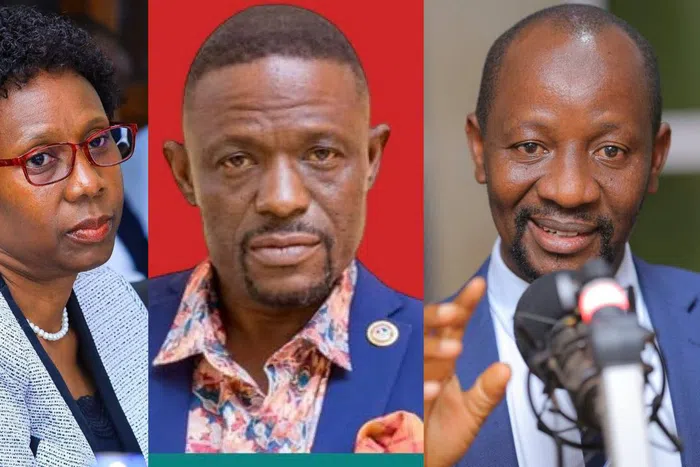
KAMPALA – Justice Minister and Democratic Party President, Norbert Mao, has stirred controversy by stating that the ongoing build-up to the 2026 general elections is “more boring” than the tense and fear-filled 2021 electoral season.
While addressing the media, the minister claimed that opposition presidential candidates, whom he did not name but alluded to as “Bobiwine” (a reference to National Unity Platform’s Robert Kyagulanyi), were anticipating a crackdown from the state to gain sympathy.
“In 2021, there was tension and fear,” Mao stated. “Presidential candidates like Bobiwine thought they will be teargassed and arrested so that they get sympathy from world leaders and Ugandans like it was before. This, he said, it won’t happen.”
Mao’s comments reference the often-violent 2021 presidential campaigns, which were marked by numerous arrests of opposition figures, dispersal of rallies, and live-fire incidents that led to multiple civilian deaths.
Shifting his criticism to the content of the opposition’s campaign, Minister Mao took aim at Robert Kyagulanyi’s recent rally in Luwero. He accused the NUP leader of failing to articulate his manifesto to the electorate.
“I saw Bobiwine in Luwero failing to explain what his manifesto is all about,” Mao said. “Instead, he sings and brags how he won’t arrest Gen [Caleb] Saleh if he wins elections, yet that is not what the Ugandans who come at his rallies want to hear.”
The Justice Minister further mocked a comment Kyagulanyi made about his wife, Barbie Itungo Kyagulanyi, becoming a celebrated First Lady.
“Even at another rally, he said how Uganda will be talked about on CNN, BBC, Aljazeera because of his wife Barbie being a beautiful first lady,” Mao recounted with derision. “As if that is in the manifesto. How does Uganda benefit?”
Mao’s remarks have ignited a fresh debate online under the hashtag #UgandaDecides2026, with many critics accusing him of trivializing the past state-sponsored violence and dismissing legitimate voter concerns. Supporters, however, have echoed his sentiment that the opposition lacks substantive policy ideas.
The comments signal a different tactical approach from the government-aligned figures in the early stages of the 2026 campaign, suggesting a move away from the overt confrontation that characterized the previous election cycle.








